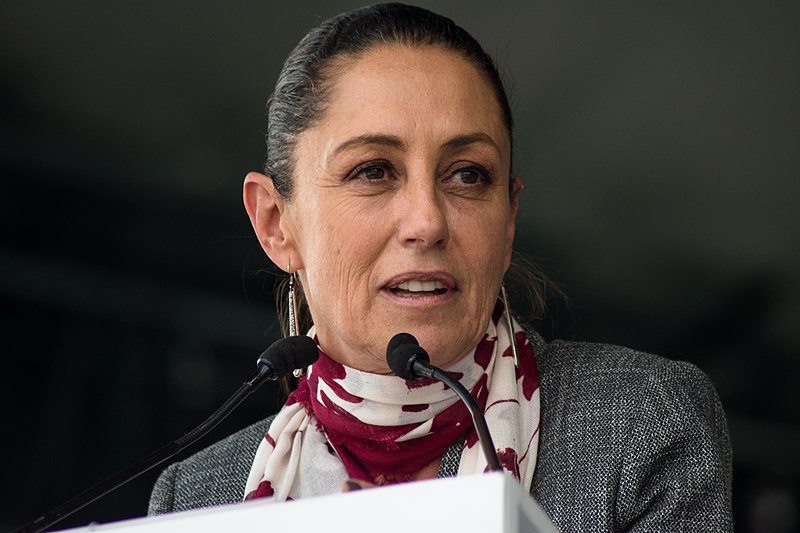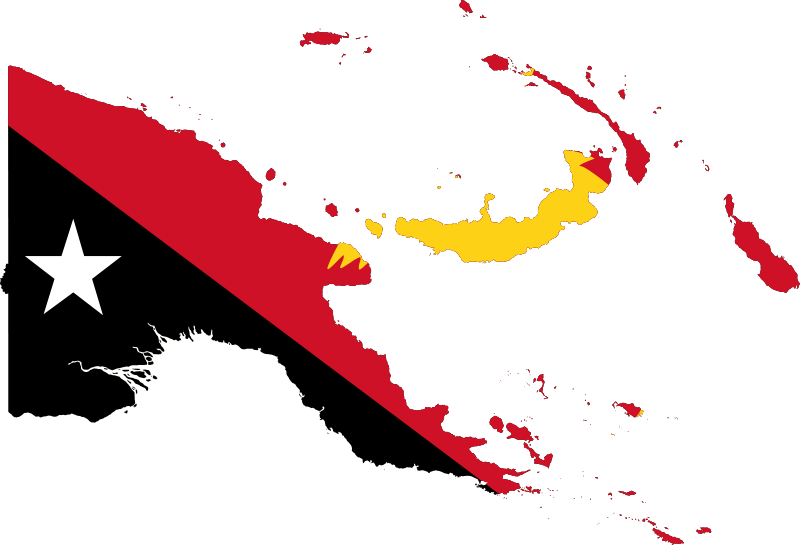
The U.S. government has unveiled plans to invest $42 billion in achieving universal internet access across the country by 2030, according to a report from Reuters. This initiative is part of
President Joe Biden's new economic policies and will be a cornerstone of his 2024 re-election campaign.
Vice President Kamala Harris emphasized the need for universal internet access, stating that currently, 24 million people in the country lack high-speed internet due to affordability or living in areas with limited connectivity. She expressed the belief that every person in the nation, regardless of location, should have affordable and accessible high-speed internet.
The funding for this endeavor comes from the Broadband Equity Access and Deployment Program, which was authorized by the $1 trillion infrastructure law passed in 2021 with President Biden's support. The allocation of funds was determined based on a coverage map released by the Federal Communications Commission, which identified areas with inadequate broadband access.
Companies such as Verizon, Comcast, Charter Communications, and AT&T have been reluctant to provide internet access to low-population rural communities due to the high costs involved and the limited number of potential subscribers in these areas.
The states set to receive the largest funding amounts are Texas and California, the two most populous states, with $3.1 billion and $1.9 billion respectively. Less populous states like Virginia, Alabama, and Louisiana also ranked in the top 10 for funding, as they have large rural areas that lack adequate internet connectivity compared to their major urban centers. Funding amounts vary, ranging from $27 million for U.S. territories like the U.S. Virgin Islands to over $3.1 billion for Texas. Each state will receive a minimum of $107 million.
During a White House address, President Biden highlighted the significance of this investment, noting that it represents the largest-ever commitment to high-speed internet. He emphasized that in today's economy, internet access is as vital as electricity and water. Photo by RRZEicons, Wikimedia commons.





































































